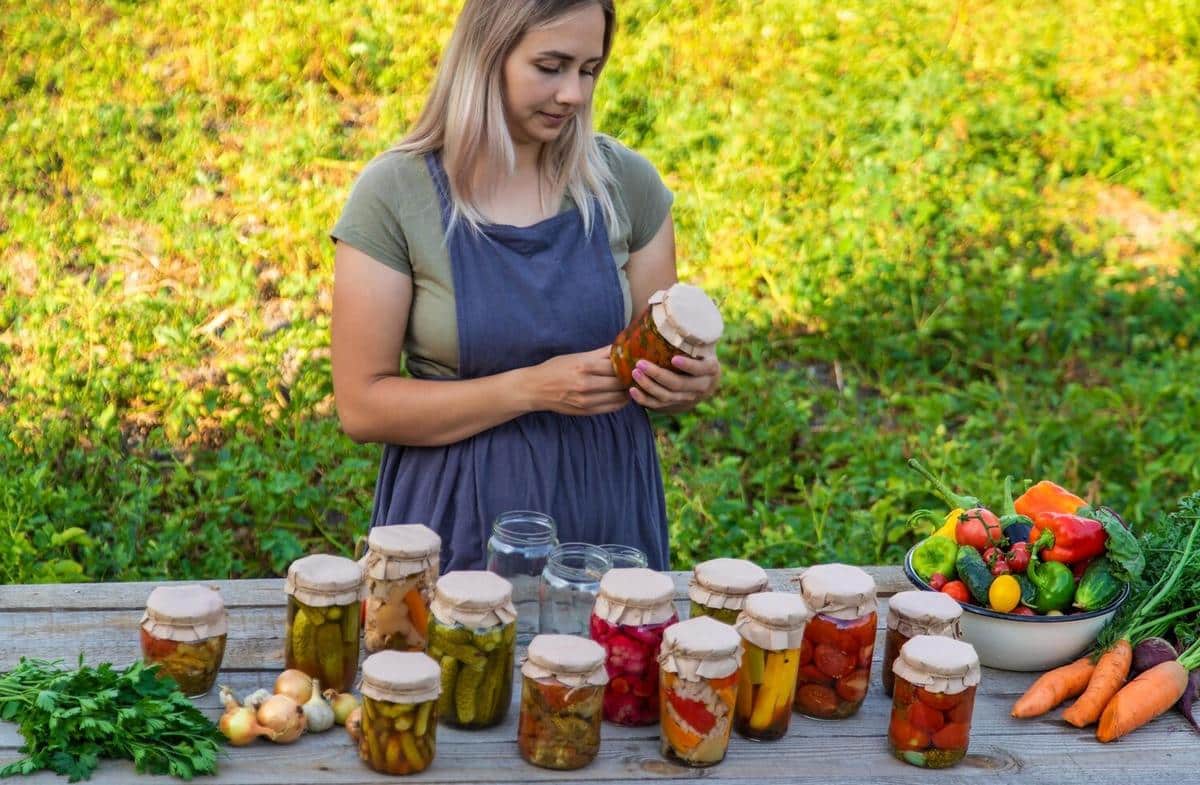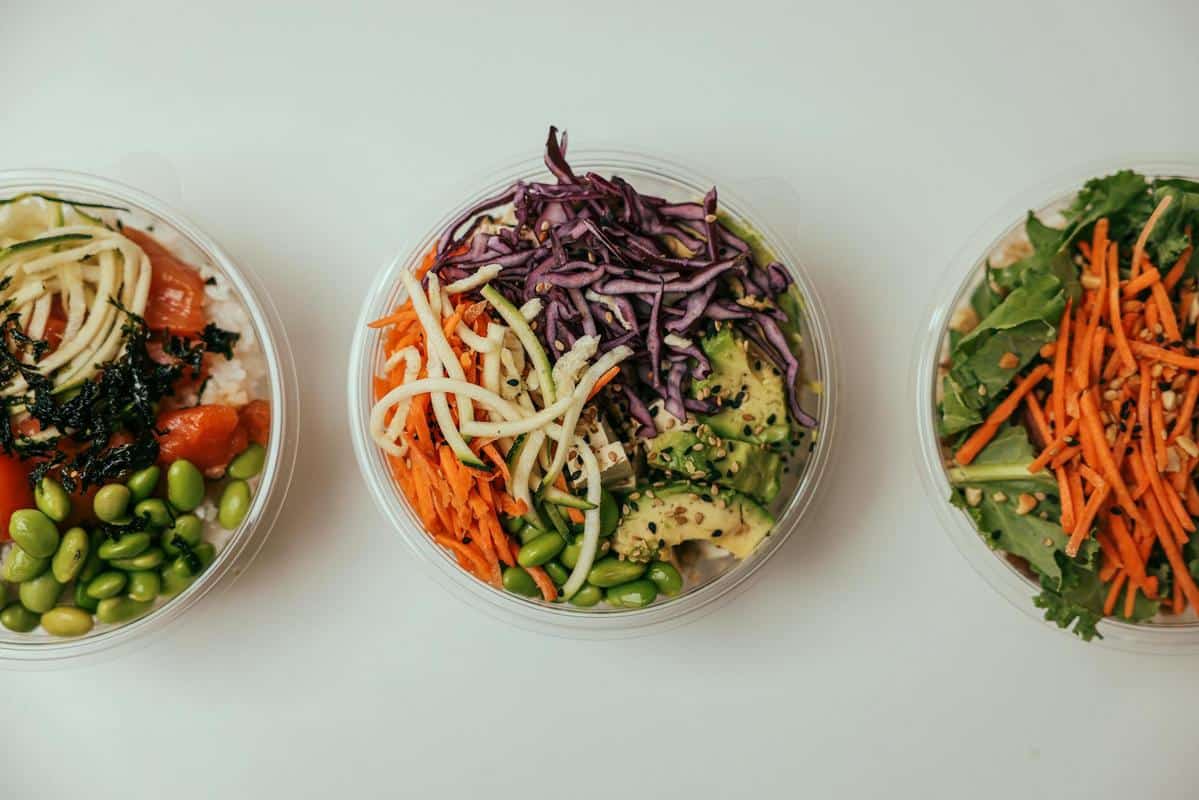
Foods That Promote a Healthy Gut Microbiome
The connection between our diet and gut health is increasingly recognized as pivotal in maintaining overall well-being. A healthy gut microbiome not only supports digestion but also plays a crucial role in immune function, mental health, and even weight management. Understanding which foods can nurture this vital ecosystem is essential for anyone looking to enhance their gut health naturally.
Our gut microbiome is a complex community of trillions of microorganisms that inhabit our digestive tract. These microbes are vital for a multitude of bodily functions, including nutrient absorption and immune system regulation. To support a thriving gut microbiome, incorporating specific foods into your diet is key.
The Role of Fermented Foods
Fermented foods are renowned for their role in promoting a healthy gut. These foods contain live bacteria, known as probiotics, which can help replenish and diversify the gut flora. Foods like yogurt, kefir, sauerkraut, and kimchi are excellent options. According to a study published in the Journal of Applied Microbiology, regular consumption of fermented foods can significantly increase the population of beneficial bacteria in the gut.
Prebiotics: The Fuel for Good Bacteria
While probiotics introduce beneficial bacteria, prebiotics serve as food for these bacteria. Prebiotics are non-digestible fibers found in foods like bananas, onions, garlic, and asparagus. Research suggests that a diet rich in prebiotics can enhance the effectiveness of probiotics and promote a balanced gut microbiome.
Whole Grains for Fiber
Whole grains are another fantastic source of dietary fiber, which is crucial for gut health. Fiber aids digestion and helps maintain regular bowel movements. A study from the American Journal of Clinical Nutrition found that individuals consuming whole grains had a more diverse gut microbiome compared to those who ate refined grains.
Variety Is Key
Incorporating a variety of fruits and vegetables into your diet can significantly benefit your gut. Different plants contain unique fibers and nutrients that support diverse bacterial growth. Aim to eat a rainbow of produce to ensure your gut receives a wide range of nutrients.
Table of Gut-Healthy Foods
| Food | Type | Benefit |
|---|---|---|
| Yogurt | Fermented | Contains probiotics |
| Kefir | Fermented | Rich in probiotics |
| Bananas | Prebiotic | High in fiber |
| Garlic | Prebiotic | Boosts good bacteria |
| Asparagus | Prebiotic | Supports digestion |
| Whole Grains | Fiber | Promotes bowel health |
| Sauerkraut | Fermented | Enhances gut flora |
| Kimchi | Fermented | Rich in vitamins |
Frequently Asked Questions
What are the signs of an unhealthy gut?
Common signs include digestive issues, fatigue, skin irritation, and food intolerances.
How quickly can gut health improve with diet changes?
Improvements can often be seen within a few weeks with consistent dietary changes.
Maintaining a healthy gut microbiome is essential for overall health. By incorporating a variety of fermented foods, prebiotics, and fiber-rich whole grains into your diet, you can support your gut’s ecosystem and enhance your well-being. Remember, small changes in your eating habits can lead to significant health benefits over time.


